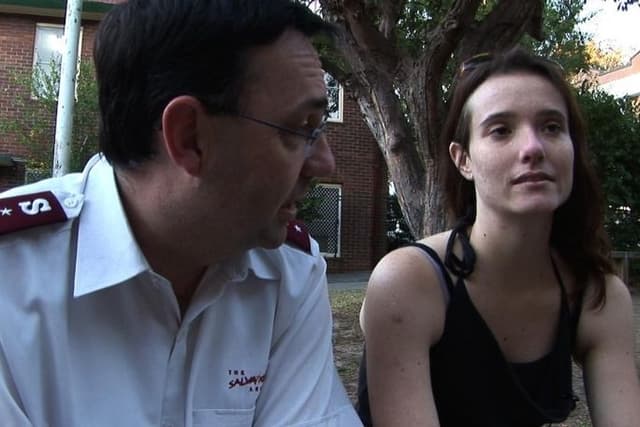
The Oasis - Bursting Stereotypes
Lesson3 of 13 in this unit
SecondaryYear 9 - 10Health and Physical EducationPhysical EducationSocialEqualityHomelessnessHuman RightsSocial Action
Summary
Lesson Guides and Printables
Lesson Plan

Student Worksheet

Teacher Content Info
